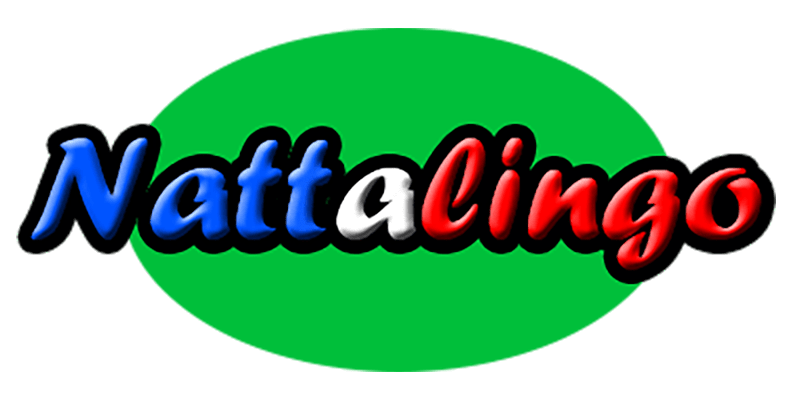Click here to check out the conference programme.
What a great day we had on 17th October! It was a lovely way to spend most of my birthday haha!
You will find below a summary of my main takeaways. I hope they help you too!
My takeaways from Michael Wardle, Ofsted Lead Languages:
- The main pillars of progression are: phonics (pronunciation and intonation), vocabulary and grammar.
- There has to be interplay between what the children can understand (listening and reading) and produce (speaking and writing) – the curriculum brings it to life!
- Example of good progression: teach adjectives for colours which are regular 1st, maybe those that go before the noun, as in English; move on to irregular adjectives and adjectival agreement in a different year.
- The curriculum has to be ambitious; it is not necessarily planned around topics (these must not be forced into the curriculum); it definitely should not just be about words: as far as vocabulary is concerned, “do more with less”.
- There has to be a BROAD curriculum (including languages) for ALL (including SEND children). Exercise books help to see learning and progression, but they are not a collection of evidence.
- OFSTED checks the impact of the teaching: are children keeping up? Can the children remember what is being taught?
My takeaways on grammar with Rachel Hawkes:
- Build links with primary English.
- Knowledge about language (its patterns, rules) is needed.
- Essential grammar can be found in the programme of study.
- How do we teach questions? Are we consistent? A reflexion is needed there…
- Practise grammar in all 4 skills: in input and output.
- Gradually build up the system.
- Practise.
- Ask yourself: what do I want to focus on at this point in time?
My takeaways on phonics with Sue Cave:
- Phonics is the relationship between sounds and letters.
- Teach those that are different from English.
- Map out phonemes in scheme of work.
- Select vocabulary to teach accordingly.
- Tell the children if the alphabet is the same but letters in another language can make a different sound.
- Use speakers of other languages to make more connections.
- Provide an action and image to help recall.
- Provide explanation as to how to make a sound.
- Take baby steps.
- Use in context.
- Provide classroom support: on wall, desks.
My takeaways on vocabulary with Clare Seccombe:
- We need to present, practise and perfect vocabulary.
- Vocabulary is not just nouns, but also lexical chunks.
- Remember to teach verbs as they are key!
- Teach motivating words for the children.
- Need to know its meaning, part of speech, pronunciation, spelling, how it relates to other words.
- Allow children to forget, then recall – revisit vocabulary.
- Be aware of interference with English.
- Practice tracing new forms, e,g é in French.
- Use knowledge organisers to reduce cognistive load.
My takeaways on culture with Suzi Bewell:
- Not all children love language, but they are all interested in culture.
- “Adding culture makes a house into a home”.
- When learning fruit, learn different fruit from a different part of the French-speaking world.
- When learning sports, look at popular sports in different countries.
- Use authentic book characters.
- Use flags of French-speaking countries when learnign colours.
- Use the outfits of the Mannekin Pis when teaching clothes (!).
- Use the Moroccan royal family for family.
- Refer to and celebrate festivals and special days.
You can contribute to it too, so please feel free to do so… Let’s share our best songs, stories and rhymes!!
